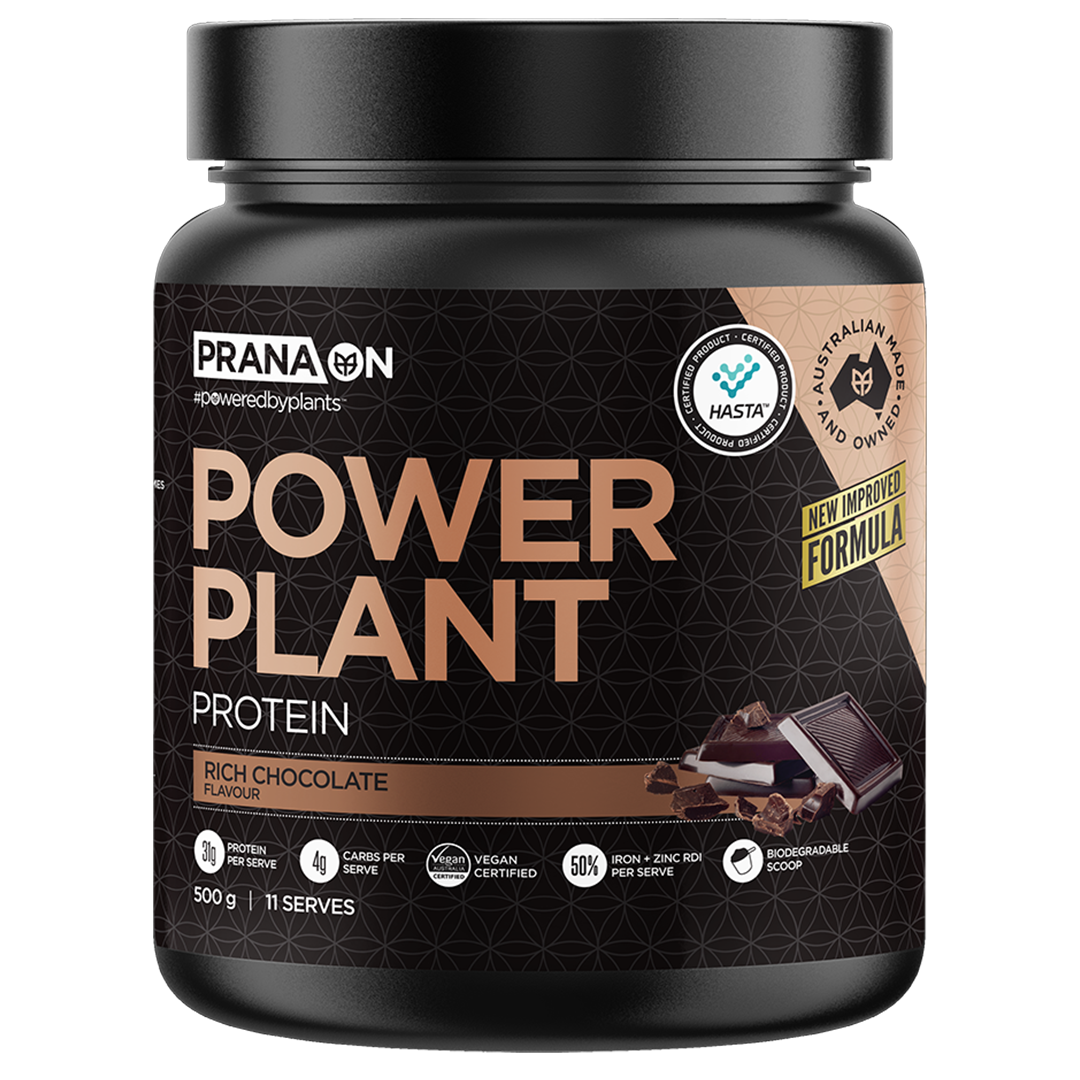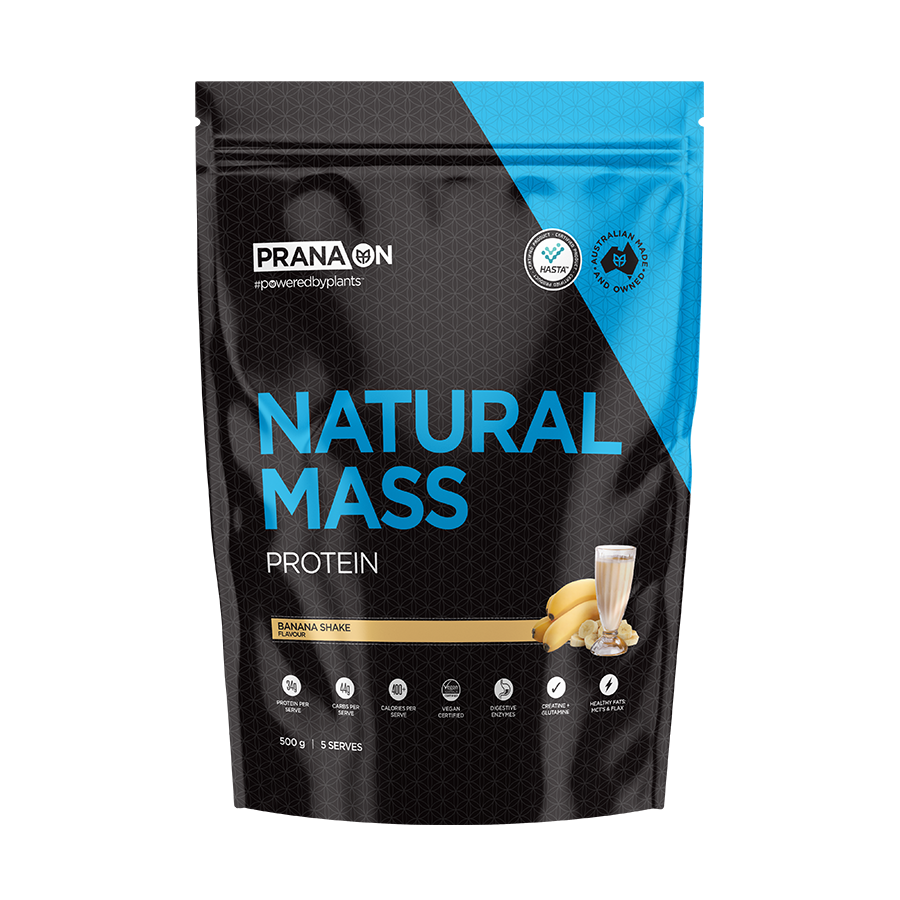Is your diet a source of inflammation?
By Nutritionist Sami Bloom – @samibloom
Inflammation can be triggered by a variety of sources. With so much out of our control – the outside environment, unavoidable stress, chemicals in clothing, furniture, food production etc. – we can minimise the devastating impact of inflammation through paying attention to our diet.
Eating for longevity largely involves following an anti-inflammatory diet. This is because inflammation in the body contributes to chronic diseases such as heart disease, Alzheimer’s disease, cancer and autoimmune conditions. Research has long found that following an anti-inflammatory diet not only prevents disease, but also slows down the ageing process. It does this through many ways, including keeping blood sugar stable, increasing metabolism and flooding the body with protective antioxidants.
Inflammation is actually a completely normal and necessary bodily function. In fact, it is a protective response our body mounts to keep homeostasis (balance). When our immune system identifies something that shouldn’t be there, or recognises damaged tissue, it stimulates it’s natural defence mechanism. Our white blood cells are called upon to produce substances designed to reduce damage. This happens in everything from an injury to the common cold, as well as allergies and food sensitivities, invading pathogens, ageing and chronic disease. We would be in grave danger if we did not have this inflammatory response.
There is both acute and chronic inflammation. Acute inflammation occurs swiftly, usually within minutes to hours e.g. an injury. Chronic inflammation has a slower onset, and signs are much less obvious. This is more likely to cause progressive tissue damage and serious inflammatory disorders.
We aren’t looking to stop the inflammatory response altogether. As previously mentioned, it is a normal and necessary bodily response. It is only when the immune system is unnecessarily overactive that it becomes problematic. This is why it is a good idea to ensure your diet is not an added source of “stress” on your body.
If you experience joint pain, frequent headaches or migraines, skin rashes, chronic digestive discomfort, weight gain, and unexplainable fatigue, you may have excess inflammation. The good news is, this can often be improved with better choices.
Following an anti-inflammatory diet, or at least avoiding some of the most common triggers, is one of the most effective ways to combat inflammation. If the main portion of your diet revolves around processed and packaged foods, overly refined/sugar-laden meals, or overconsumption of animal products, it may be contributing to inflammation. The good news is, an anti-inflammatory diet can be simple and tasty to follow.
Avoid/Minimise:
- Packaged/processed foods;
- Refined sugar;
- Excessive salt/sodium;
- Additives such as preservatives, flavours and thickeners;
- Artificial sweeteners;
- BPA-lined packaging and food/drink storage;
- Trans fats;
- Saturated fat (mostly comes from animal products) should be less than 10% of the diet;
- Meat cooked at high temperatures e.g. charring or even frying/grilling can increase toxins known as advanced glycation end products (AGEs);
- Dairy is particularly inflammatory, approximately 70% of adults are likely lactose intolerant;
- Gluten must be avoided if coeliac but many people who are also intolerant should cut it out. Gliadin, the protein in gluten, has been shown to trigger inflammation in the gut;
- Over-consumption of some fatty acids. While Omega 6 fatty acids are essential for normal growth and development, excess can actually lead to inflammation. Commonly found in corn, safflower, sunflower, grapeseed, soy, peanut, and vegetable oils.
- Pesticides – buy organic or pesticide-free where possible. Look at the clean 15 and dirty dozen for your area;
- Alcohol and caffeine.
Do:
- Centre your diet on colourful raw and cooked vegetables and fruits (optimally 9 servings of fruit/veg per day);
- Aim for at least 25g of fibre daily;
- Enjoy a serving of cruciferous and allium vegetables daily (approx ½ cup of each).
- Choose plant proteins like legumes, whole grains (preferably gluten-free unless properly tested for allergy/intolerance), raw nuts and seeds;
- Favor low glycemic load foods, rather than glycemic index (which doesn’t consider portion-size);
- Consume small, regular portions of healthy fat sources such as raw nuts/seeds particularly freshly ground flaxseed and chia, avocados and olives;
- Use herbs, sprouts, microgreens, spices and seaweeds to supercharge your meals with minerals and antioxidants;
- Identify allergies/intolerances – even healthy foods can have a negative response in the body, which is why proper testing is advisable so you aren’t consistently irritating and inflaming it.
It sounds cliche, but if you don’t recognise it, your digestive system probably doesn’t either. Overall, a wholefood plant-based diet has been shown time and time again to lower and sustain low levels of inflammation in the body.
Written by Sami Bloom
Sydney-based Clinical Nutritionist, Holistic Coach, Yoga Instructor, PranaON Tribe Member and all round lovely human!
“WHAT YOU PUT ON YOUR FORK IS A CHOICE, A CHOICE THAT WILL EITHER NOURISH YOUR CELLS OR STARVE/CONFUSE/OVERWHELM THEM.
…THINK OF IT LIKE THIS, AND I PROMISE YOU,YOU WILL ONLY WANT TO TREAT YOUR BODY KINDLY.”
Follow Sami on socials: @samibloom
Or check out her website: Health & Bloom




Leave a comment